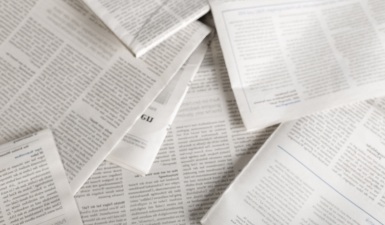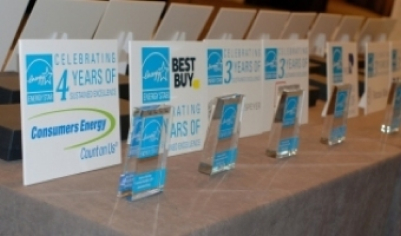

The CEE Center for Equity and Energy Behavior recently published four new resources that are explicitly designed to assist members in more equitable engagement of customers in energy efficiency programs. CEE launched the Center in 2022 to better engage historically underserved customers in member programs and portfolio objectives around equity across the United States and Canada. This project came about through increased program administrator interest in working through the Consortium to meet common goals addressing and measuring equity. The focus is on efforts that will be most actionable to program administrators for program design, implementation, and marketing.
This summer, the Center published four main resources to aid in members’ ongoing equity work: an Equity Landscape, Equity Framework, Equity Program Summary, and a Characterization of Non-Energy Impacts.
The Equity Landscape provides an overview of who has done what in equity and energy. It provides a lay of the land of existing work by synthesizing equity definitions, approaches, and metrics. Informed by the work of program administrators, nonprofits, and research organizations, this document serves as a centralized resource of existing equity knowledge relevant to program administrators. The currently used equity metrics synthesized in this overview will serve as the starting point for future Center work on how to rigorously and practically measure progress on equity.
The Equity Framework puts forth sponsor-vetted definitions of equity-related terminology, along with what it means to make progress on more equitable engagement. The consensus-developed definitions enable a common point of understanding for future Center work. More specifically, the framework outlines initial findings and commonalities shared by sponsor organizations regarding procedural and distributional equity, low-income audiences and their relation to underserved, and the need to engage local communities in the design process.
The Equity Program Summary catalogs equity efforts currently underway at member organizations and serves as a register of members’ recent work toward more equitably serving their customers across all sectors. The document will serve as a starting point for future work to shed light on learnings and “better practices” that will benefit programs across jurisdictions. It will also be used later this year to identify pilots and programs for the Center to develop into more in-depth case studies.
Finally, the Characterization of Non-Energy Impacts (NEIs) is an inventory of all NEIs from the societal, participant, and program administrator perspectives. The development of this document was the first step in the Center’s NEIs prioritization process. Next, this initial list will be assessed through an equity lens to help home in on which NEIs are most relevant to fully valuing programs for underserved audiences. Programs geared towards vulnerable energy users can be expensive, particularly given geographic restraints or communication barriers, often making cost-effectiveness thresholds difficult to attain. Better characterizing and quantifying NEIs is a crucial step to addressing these cost-effectiveness challenges.
The Center is grounded in the learnings from CEE’s collaboration with the User-Centred Energy Systems Technology Collaboration Programme (UsersTCP) of the IEA on better engaging hard-to-reach (HTR) customers. This spring, CEE participated in a workshop with 56 participants from seven countries hosted in Wellington, NZ by the New Zealand government’s Ministry of Business, Innovation, and Employment on how to better engage indigenous communities and First Nations in energy efficiency efforts. The workshop included facilitation by both Māori and Pasifika community members; detailed workshop slides and notes are available to all interested members.
This work has been made possible by the 16 CEE member organizations who have supported and guided the Center since its inception. For more information about the Center, sponsorship, or how non-sponsors can stay up to date on CEE’s equity learnings, please contact Kira Ashby at kashby@cee1.org.